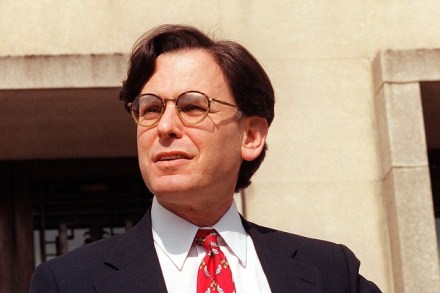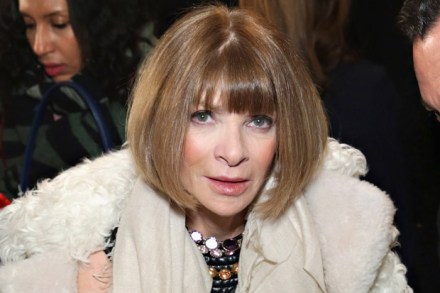Long life | 29 October 2015
The Metropolitan Club in Washington is so close to the White House that President Obama chose to walk there for lunch on Tuesday through Lafayette Park while his motorcade followed behind. The lunch was described in the media as ‘secret’, and American reporters were frustrated by the refusal of the White House and the club’s staff to divulge anything whatsoever about it. But nothing the President does is really secret, and his visit was certainly not secret to me, since I was staying in the club at the time under a reciprocal arrangement between the Metropolitan and the Garrick in London, of which I’m a member. As I had been









